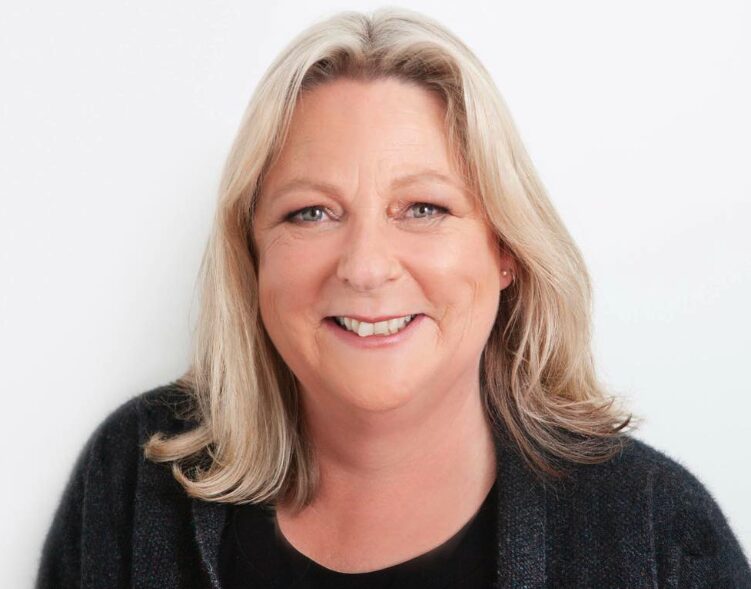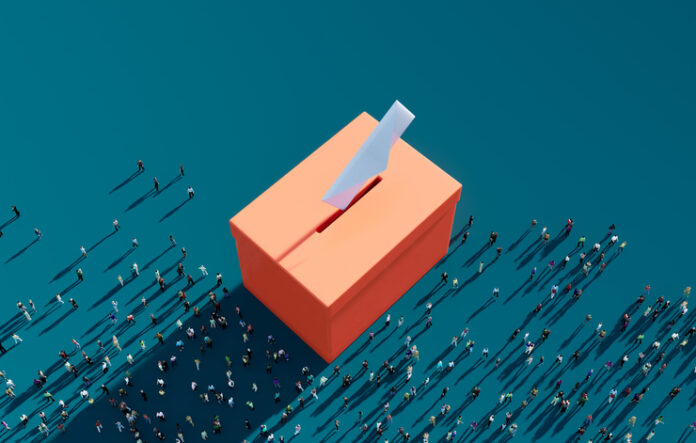Holding local government elections the year after state elections would help reduce voter fatigue and increase participation rates, according to the Local Government Association of South Australia (LGASA).
Electoral Commission of South Australia’s 2022 Council Election Report was tabled in parliament on Thursday by Local Government Minister the, Joe Szakacs, recommending 19 legislative changes for the State Government to consider before the next council elections take place in 18 months’ time.
One recommendation is to change the fixed date of local government elections to the second Saturday in November in the year following a state election to “support the provision of high quality and best practice electoral services” for SA communities.
LGA President, Mayor Heather Holmes-Ross (pictured, below) said councils voted to pursue such a change at last year’s LGA Annual General Meeting as it has the potential to increase voter participation, which saw only a marginal 1.3% bump to 32.9% from the 2018 elections.
“While 43.3% of regional voters voluntarily cast their ballot in the 2022 council elections, that number was much fewer in metropolitan areas where only 29.6% of eligible voters participated,” President Holmes-Ross said.

“Deciding who represents you and your community on council is extremely important and as a sector, we want as many eligible people as possible to exercise their democratic right to vote in local government elections.
“In 2022, South Australians went to the polls three times – first for state elections, then for federal elections and by the time council elections arrived, many voters already felt fatigued. And that’s excluding several by-elections that also took place.
“LGA welcomes the recommendation from the Electoral Commission to shift local government elections to the year after state elections and also the opportunity to work with the Minister and state government on any provisional transitions that would enable this to occur.”
Supporting further reform, Frank Pangallo MLC recently introduced the Local Government (Elections) (Australian Citizen and Compulsory Voting) Amendment Bill into parliament which, if passed, would only permit Australian citizens to vote in council elections and also making voting compulsory.
While councils agree mandatory voting would lead to higher participation rates, it needs to be made clear how this is costed to ensure no increased financial burden would be placed onto communities, the Association says.
President Holmes-Ross said LGASA was keen to continue discussions with councils and parliamentarians about the best avenue to increase voter participation in local government elections.
“We know voter participation numbers in council elections have remained fairly stagnant for a while now and if there are ways we can improve uptake through legislative change, then that’s something we’re keen to explore,” she said.
“Democracy works best when everyone participates. When people choose not to vote in local elections, they give up their say on decisions that affect their neighbourhoods, families and futures. Better community representation starts with higher voter turnout.
“Council elections determine who will advocate for your community on important issues like local infrastructure – such as parks, playgrounds and sports centres – or deciding which services your rates are invested in. It is crucial people have their say.”
The Association says it also eagerly awaits direction from the State Government on its 2023 Local Government Participation and Elections Review, which sought feedback on how communities can better engage with their councils, particularly at election time.


